Stage 4 - The Questions
prepare your own questions first
It’s highly likely that you’ll be given the opportunity to ask some questions at the end of the interview. Try to prepare some in advance on topics such as where the company plans to go in the future, opportunities for progression within the organisation, and more detailed questions about the role you are applying for.
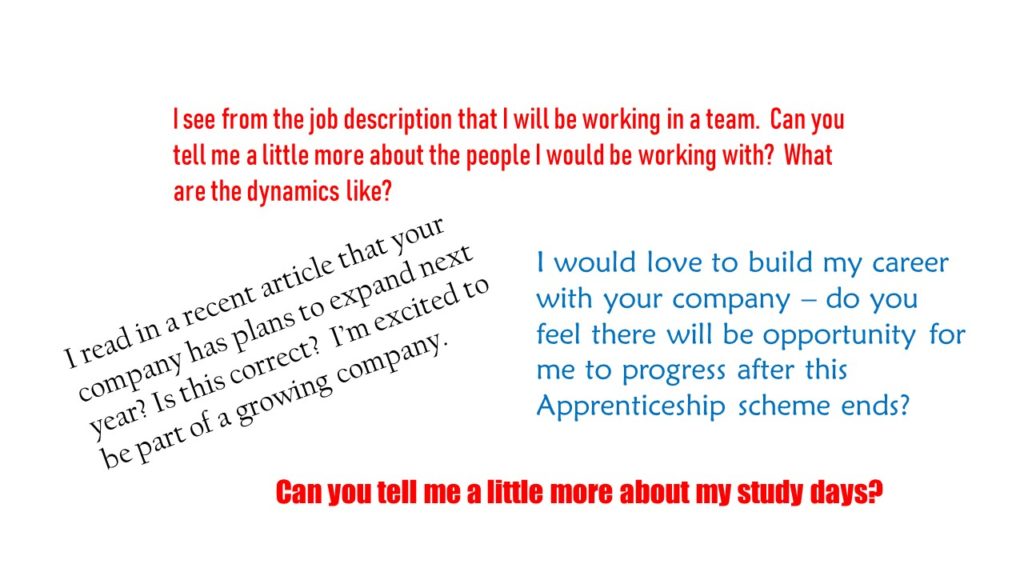
prepare for their interview questions
Firstly, list any skills or experience that have been specified in the job advert / application or interview invite letter – you will most likely be asked to give examples of these competencies in the interview.
Refer to your Employability Skills and Achievements in your application pack for good examples you can use. To help you prepare, use the template below to start building up example scenarios. This is a good way to ensure you have covered all topics.
Since you are talking about things YOU have already done, you will only need to make brief notes with key actions / results. You don’t need to write every word or detail down as this will only put pressure on you to try and remember everything. This template will be especially useful when giving examples of situations demonstrating certain skills and / or achievements.
examples of some typical interview questions
“Tell us about yourself”
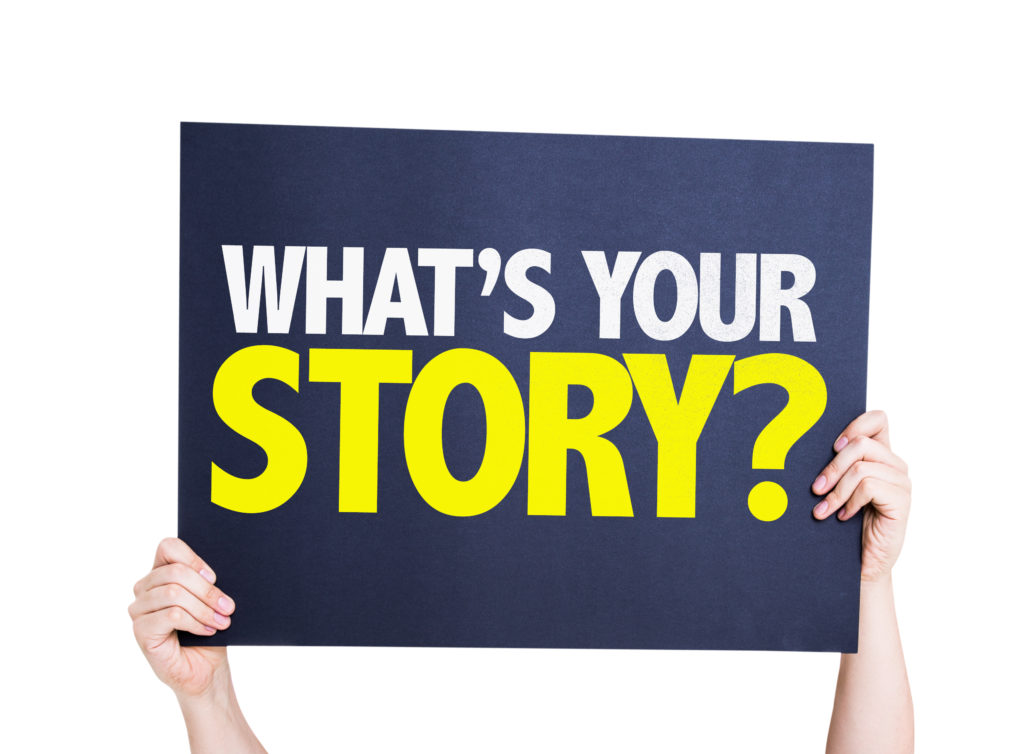
This is the most POPULAR question used by interviewers to get the session started. Its definitely a cringe worthy moment if you are not ready for it!
Talking about yourself is often the hardest thing to do in an interview. The most important thing to remember is not to ramble. This question covers all aspects of you as an individual. Your interviewers will be looking for details on your education and prior experience, but also more personal details like your hobbies or interests and the skills or the qualities that you possess. Don’t be afraid to open up a bit; talking about yourself will allow your potential employers to know if you’d make a good fit for their team.
Your answer should follow a simple, easy-to-follow format. It’s recommended to stick to the tried-and-tested “Past-Present-Future” formula. Structure your answer as follows:
- The past – what is your background and relevant work experience? How did you get to where you are now?
- The present – What are you doing at the moment? What are your top accomplishments? What unique feature do you possess that makes you stand out from other candidates?
- The future – Why are you interested in the company? Why are you interested in the position?
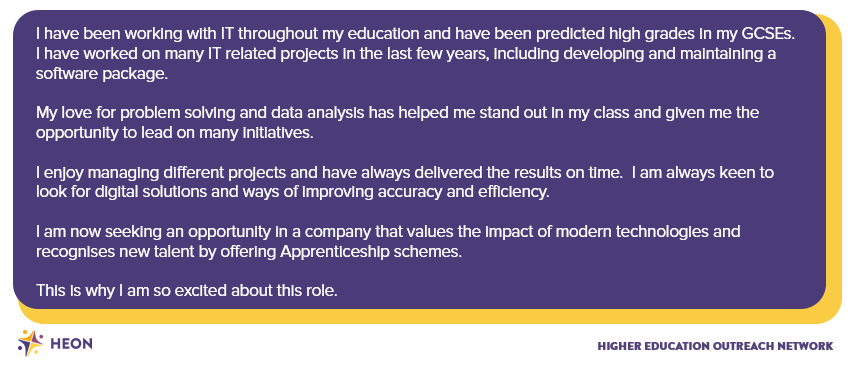
REMEMBER = the interviewer is asking this question to find out enough about you to determine if you are the best person for the job.
A short, vague answer will also not do. Sharing too little information is just as bad as oversharing. It will convey a lack of confidence, or that you are uncomfortable in the present situation.
“Why do you want this apprenticeship?”
If you can’t answer this question, you probably shouldn’t be in the interview. It would indicate a lack of interest in the Apprenticeship, or that you are absolutely clueless about what you’re applying for!
Give a sub-standard or uncertain response to being asked why you want the Apprenticeship, and the interviewer’s mind will start drifting to the next candidate, or what they’re having for lunch. The last thing you want in your Apprenticeship interview, is the interviewer thinking about a ham salad sandwich!!

This is your chance to share your knowledge of this Apprenticeship scheme and how you believe it will benefit you.
Try to find something specific about the employer that you are attracted to, eg. their training, their client base, their individuality, their public image, etc. This will go down well with the interviewer and demonstrate your enthusiasm for the role and organisation.

It’s the opportunity for progression and growth that interested you?
This is your chance to learn practically rather than in a classroom.
How keen you are to gain valuable on-the-job experience and build your career with their company.
Many companies offer Apprenticeship schemes with the ultimate aim of you staying in the company and starting your career. Do not start telling them about how you can’t wait to start another career with another company as soon as you complete the course!

“what skills can you bring to the role?”
You may have already detailed some of your skills when telling an interviewer about yourself. However, if this question is raised it’s important that you give further evidence of your skills and personal attributes and link these to the role in which you are being interviewed for. Emphasising these aspects won’t hurt in impressing your employers.
You have already done the research, so you know what skills have been attributed to this job. Pick your top achievements and most prominent skills BUT only if they are relevant to this job!
The fact that you got your cat to use a skateboard is very impressive but probably won’t thrill the interviewers. Well, it might – but that is NOT the point!
“where do you want to be in 5 years / what is your long term career goal?”
This is a tough one, especially at the beginning of your career. Try to avoid vague answers; be specific, but flexible. Recruiters want to know that you know what you want. Hiring, training and developing staff and trainees costs a lot of money and/or effort, so they want to make sure you’re committed to staying with the organisation or industry. You could say for example: “I’d like to gradually take more and more responsibility and perhaps by then be a brand manager for a major product.”
Talk about your interest in the industry and emphasise the value you can bring to the organisation.
“describe a situation when you demonstrated leadership skills”
This is a competency based question. Many positions – including Apprenticeships – involve some people management, even if it’s managing client expectations, working relationships or leading on a small project. You also might be expected to move up in the organisation at some point in the not-so-distant future.
Remember your Scenario Setting template? This is the exact type of question you will be able to use your STAR method for. If you have practised your scenario’s enough, you will be able to come up with a great example for this, or any other competency based question.
Outline the situation, your role and the task of the group overall, not matter how big or small. Describe any issues that arose and how they were tackled.
Say what the result was and what you learned from it.
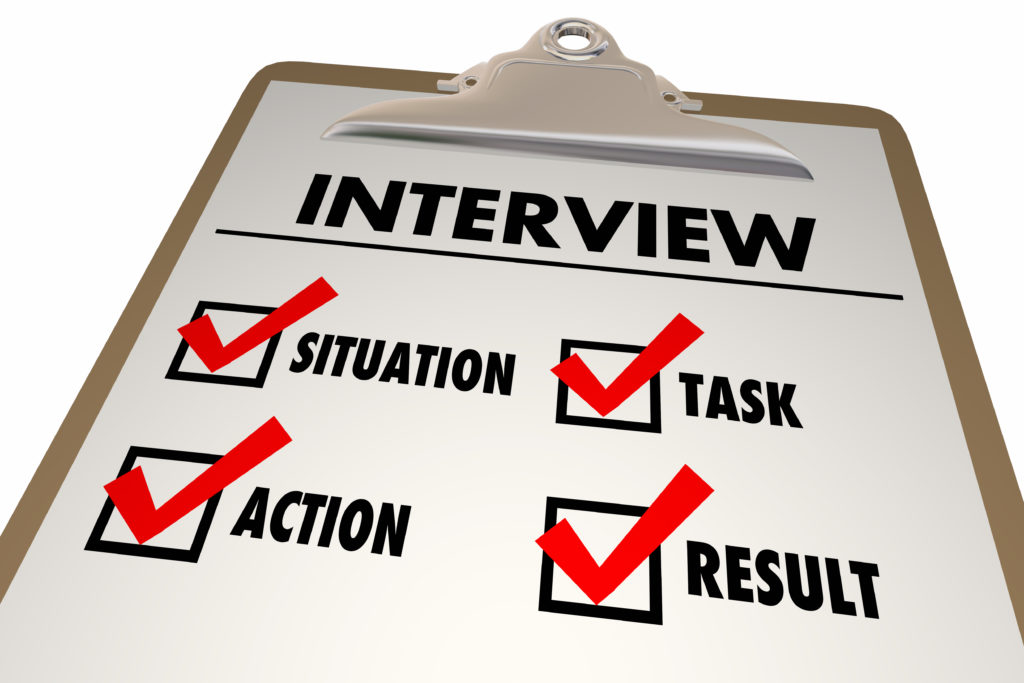
“What are your weaknesses?”
Yes, this is a real question, and interviewers love to ask it towards the end of the interview, when you are tired, your nerves are shattered and you are ready for that nap!! BE PREPARED!!!
Do not be afraid of this question. When an interview asks you to discuss your weaknesses, they are not looking to trick you, or find a reason not to employ you.
The interviewer is simply trying to find out which areas YOU think you could improve in. It is an opportunity for you to show that you are honest, self-aware and can evaluate your own performance.
do not say that you have no weaknesses.
ever.
in a work setting.
feel free to tell your parents or friends whenever you want.
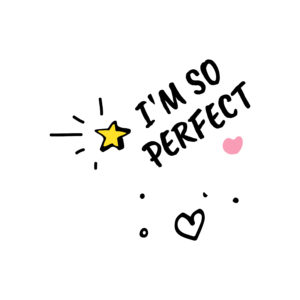
Avoid falling into the trap of using a strength disguised as a weakness, such as “I’m too much of a perfectionist” or “I push myself too hard”. Interviewers know this trick.
A better strategy, is to choose a weakness that you have worked on to improve and describe what action you are taking to remedy the weakness. This is honest but also demonstrates your willingness to tackle problems head-on.
For example: “I’m not a very self-confident person and used to find it very difficult to talk to people I didn’t know well, but my Saturday job in the local library meant that I had to help people with all kinds of queries and that helped me a lot. Now I’m perfectly happy talking to anybody on a one-to-one basis. I’ve also joined the debating society this year to give me experience of speaking in front of people.
Try to avoid giving weaknesses that sound like you’re giving yourself a back-handed compliment. Avoid answers like ‘I just work too hard’ or ‘I’m so efficient, I run out of work to do.’ It doesn’t reflect well and it’s just VERY CHEESY!

Asking for weaknesses is one of the most common Apprenticeship interview questions, and most interviewers will expect candidates to have faced this challenge already, or have practised it before the interview.
A poor response will make the interviewer think you haven’t prepared properly!